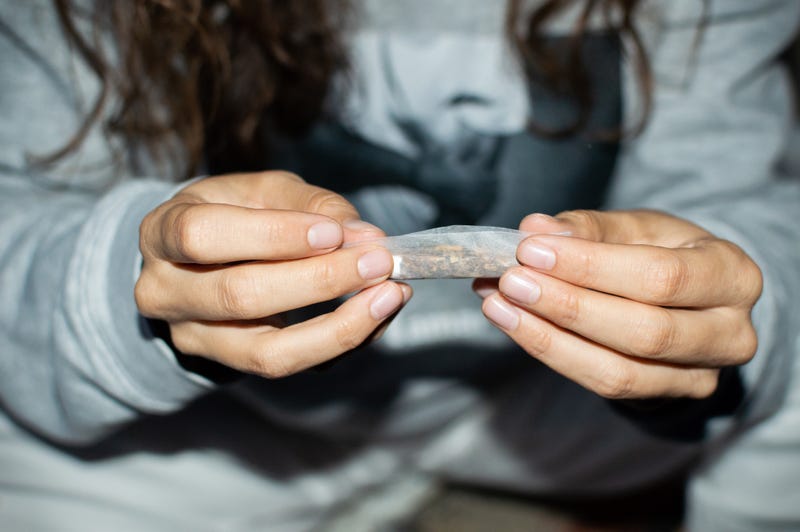
For decades, cannabis use has been associated with laziness and a lack of motivation. However, a study released last month indicates that stereotype is not backed up by science.
“Our results suggest that cannabis use at a frequency of three to four days per week is not associated with apathy, effort-based decision-making for reward, reward wanting, or reward liking in adults or adolescents,” said the study authors.
Through the study – which was published in the International Journal of Neuropsychopharmacology – researchers aimed to assess the association between non-acute cannabis use and apathy, anhedonia (inability to feel pleasure), pleasure, and effort-based decision-making for reward, and “whether these relationships were moderated by age-group.”
They used data “CannTeen” survey data from 274 adults who were 26-29 years old and adolescent who were 16-17 years old.
“Cannabis users had lower anhedonia than controls, albeit at a small effect size,” according to the study results. “These findings are not consistent with the hypothesis that non-acute cannabis use is associated with amotivation.”
A study published last year in the Harm Reduction Journal also found that “cannabis use is associated with greater physical activity and not associated with sedentary behavior.” Authors of that study said it was “the first to evaluate the relationship between cannabis use and accelerometer-measured sedentary behavior and physical activity.”
After that study was published, LitHub published a report about the origins of the “lazy stoner” stereotype. According to the article, the association between cannabis and laziness has racist roots dating back to at least the 1930s.


